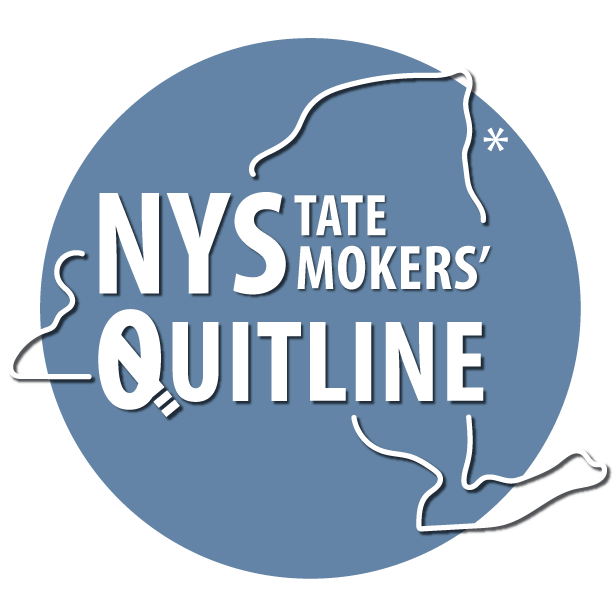
Healthcare professionalsPlaying a crucial role in tobacco cessation
Updates and news
CE credits available for Webinar recording,
"Supporting Patients with Disabilities in Becoming Tobacco-Free"
The goal of the webinar is to improve clinician understanding of common practices and barriers that impact their relationship with patients who have a disability and use commercial tobacco products.
CE credits are available through May 10, 2025.
Learn more
Lung Cancer Screening | Eligibility updates
What changed?
In March 2021, the USPSTF updated guidelines for lung cancer screening that:- Reduced the screening age from 55 to 50.
- Reduced the minimum smoking history from 30 to 20 pack-years.
- Increasing eligible Americans from 6.5 million to 14.5 million!
What to know
- Many eligible for lung cancer screening are smokers.
- Clinician advice to quit is a strong motivator for patients.
What you can do
Along with screening your eligible patients for lung cancer:- Advise tobacco using patients to quit
- Assist with a quit attempt -brief behavioral modification support
- Prescribe cessation medications
- Refer your patients to the NYS Quitline for additional support and medications
Resources for your patients
Help to quit – a free, confidential program providing evidence-based services to New York residents who want to stop smoking, vaping, or using other forms of tobacco – text, chat, and get information and tools to quit, visit nysmokefree.com, or call 1-866-NY-QUITS (1-866-694-8487).Medicaid, unlimited counseling and medications
What it is
Effective August 1st, 2020 — coverage changes by New York State (NYS) Medicaid Fee-for-Service (FFS) and all 18 Managed Care Organizations (MCOs), have made it easier for clinicians to provide unlimited cessation counseling and prescribe combination pharmacotherapy for patients without course limits or the need for prior authorizations. Learn more about Medicaid benefits for tobacco treatment by visiting the NYC Department of Health’s website.How to get it for your patients
To avoid issues with NYS Medicaid prescription denials:- Write prescriptions (or fiscal orders for OTC medications) for up to a 30-day supply, with refills as appropriate;
- Write prescriptions for generic medications; and
- Ensure the daily quantity of medication does not exceed the labeled maximum daily dose for that medication.
Sign up for our electronic newsletters
Get the latest news, topics, and information geared to enhance tobacco cessation efforts in a healthcare setting. Sign me up! Check it out!Tell us what you think
Your feedback helps us support health care professionals like you.Take our brief survey
Last updated 5/31/2024 12:19 PM



 Print Me!
Print Me!



Follow us
News, program updates, and support to quit: